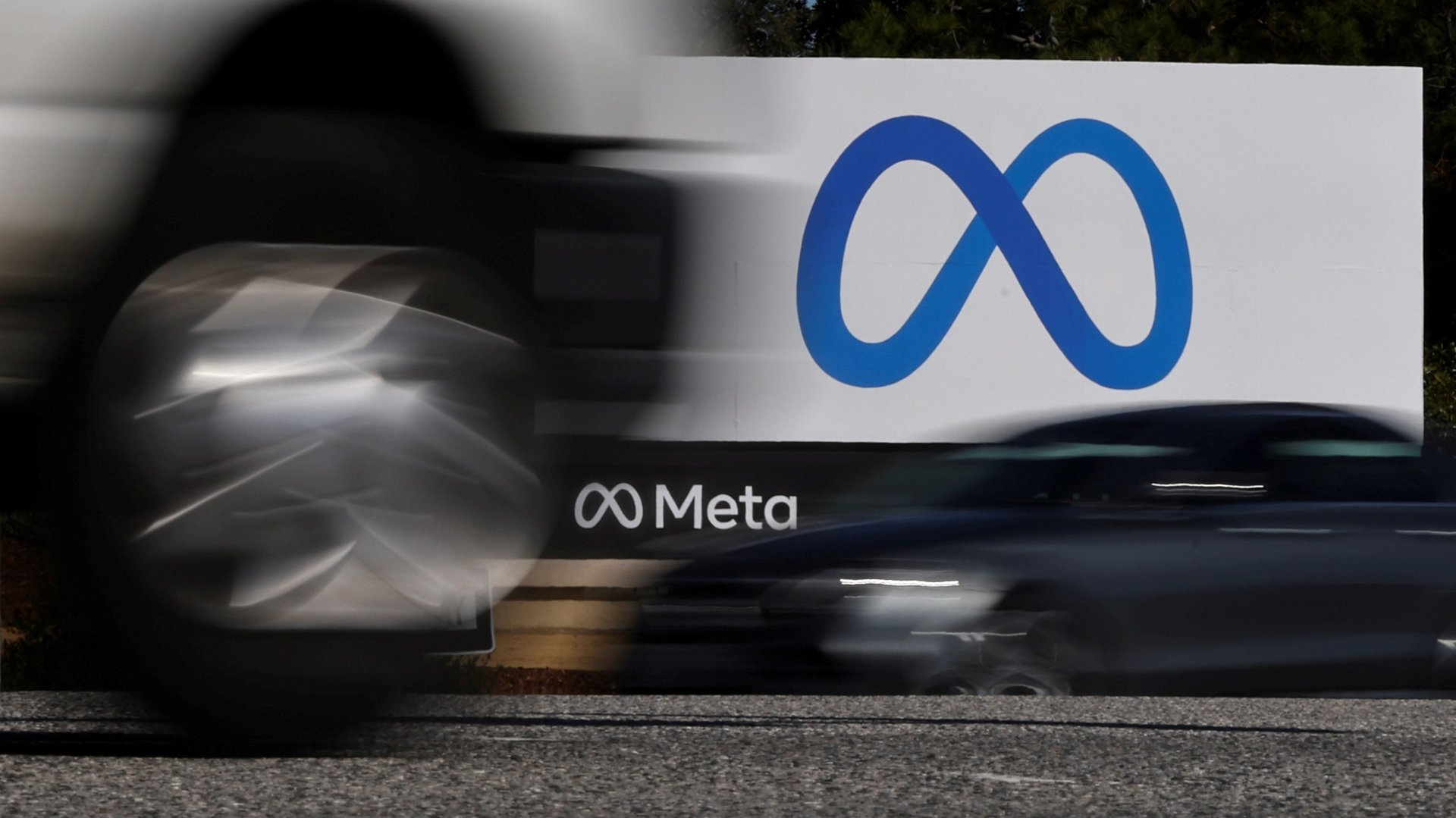The metaverse can’t go mainstream without brick-and-mortar stores
The metaverse is exciting because it promises to destroy physical limitations through its virtual constructs. But the real world is still the primary option for shoppers.


The metaverse is exciting because it promises to destroy physical limitations through its virtual constructs. But the real world is still the primary option for shoppers.
The Big Tech companies working to build the metaverse understand this and are increasingly building out brick-and-mortar outlets to usher users into the emerging metaverse.
The latest would-be entrant in this race to merge the virtual with the real is Meta, formerly known as Facebook. The company is planning a worldwide chain of stores to introduce consumers to virtual reality (VR) and augmented reality (AR) products from its Reality Labs division, according to a New York Times report.
Meta retail stores would follow a quietly growing trend in Big Tech
Although a formal launch of a Meta retail chain hasn’t officially been decided upon yet, according to the report, if it moves forward, it would join efforts by Google and Amazon, two companies that have their own metaverse initiatives and have recently launched experimental retail outlets to introduce users to various products.
The largest competitor Meta would face in this realm is Apple’s chain of over 500 stores around the globe. Currently, the only truly metaverse product in Apple’s line-up are its AR applications and its mobile developer tool ARKit, the software that allows users to create AR apps. But there are also well-sourced reports Apple may release its own VR device in 2022. Such a move would put Apple in more direct competition with Meta, and it would have the advantage of already having an established chain of stores to quickly introduce users to the new product.
The idea of harnessing the physical world as a complement to the metaverse isn’t new. It has been utilized for high-end gaming experiences such as the experimental IMAX VR centers, The Void gaming locations, and the popular Ghostbusters VR experience at Madame Tussaud’s wax museum. Similarly, during a recent conference call with analysts and investors, Disney described its theme parks as primed to create unique experiences that merge the metaverse with the real world.
Succeeding in the real retail world is harder than on internet, where second chances are just an upload away
Nevertheless, even when fueled by next-generation metaverse technology, launching retail stores in the age of the internet is still a challenge. Last year, Microsoft closed its string of 83 US stores which, in part, served as showcases for its HoloLens AR headset. But now that Microsoft has continued to focus its AR efforts on business customers instead of mainstream users, the retail retreat makes more sense.
Aside from marketing concerns, Meta stores would also give the public a chance to sample everything from Oculus VR headsets, to its Ray-Ban Stories smart glasses, and its Portal video calling device. As Facebook advances its rebranding strategy to encompass its hardware and software lines, an accompanying retail presence to reframe the company’s image could help the reputation-challenged company reframe its narrative.